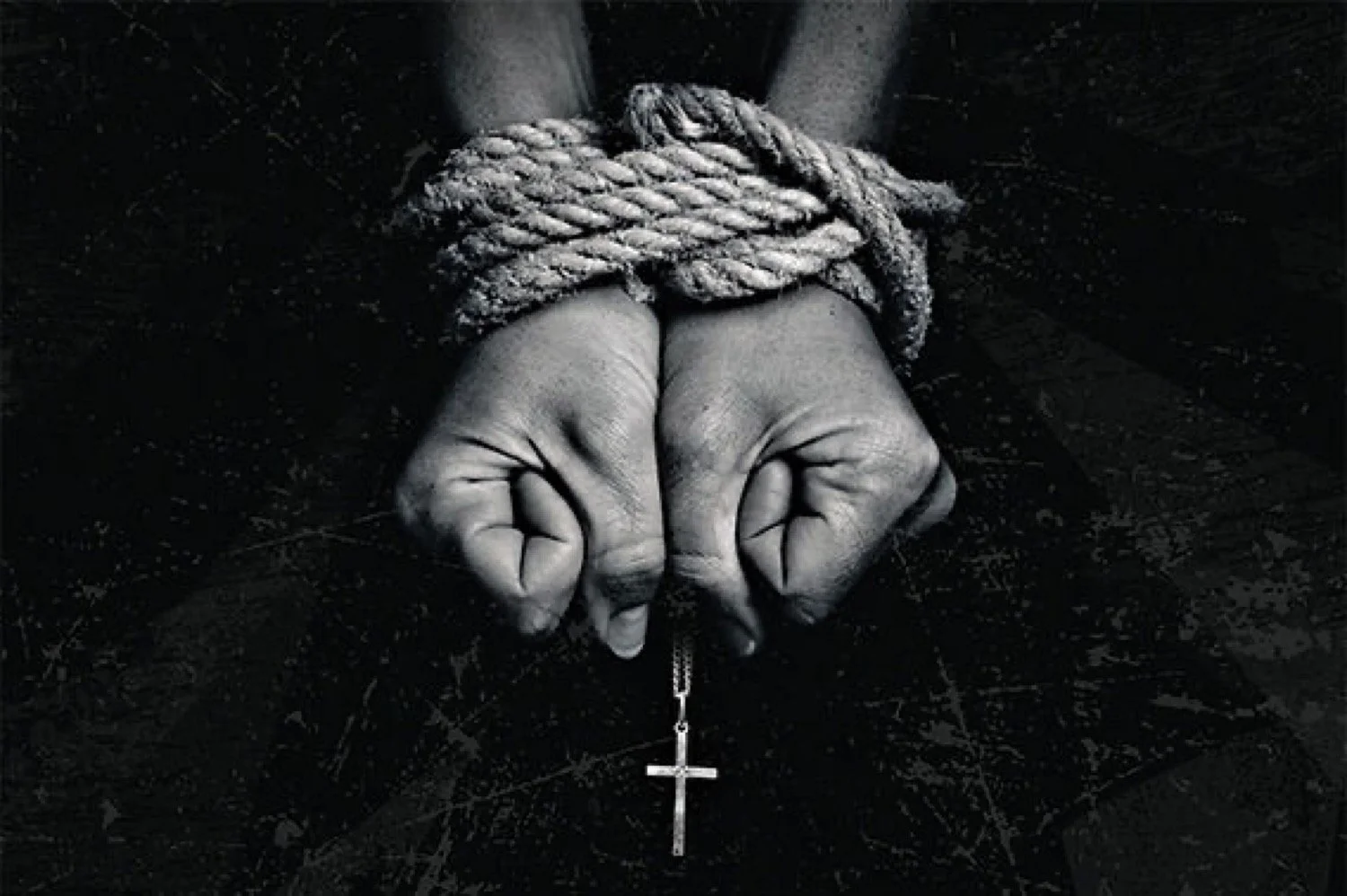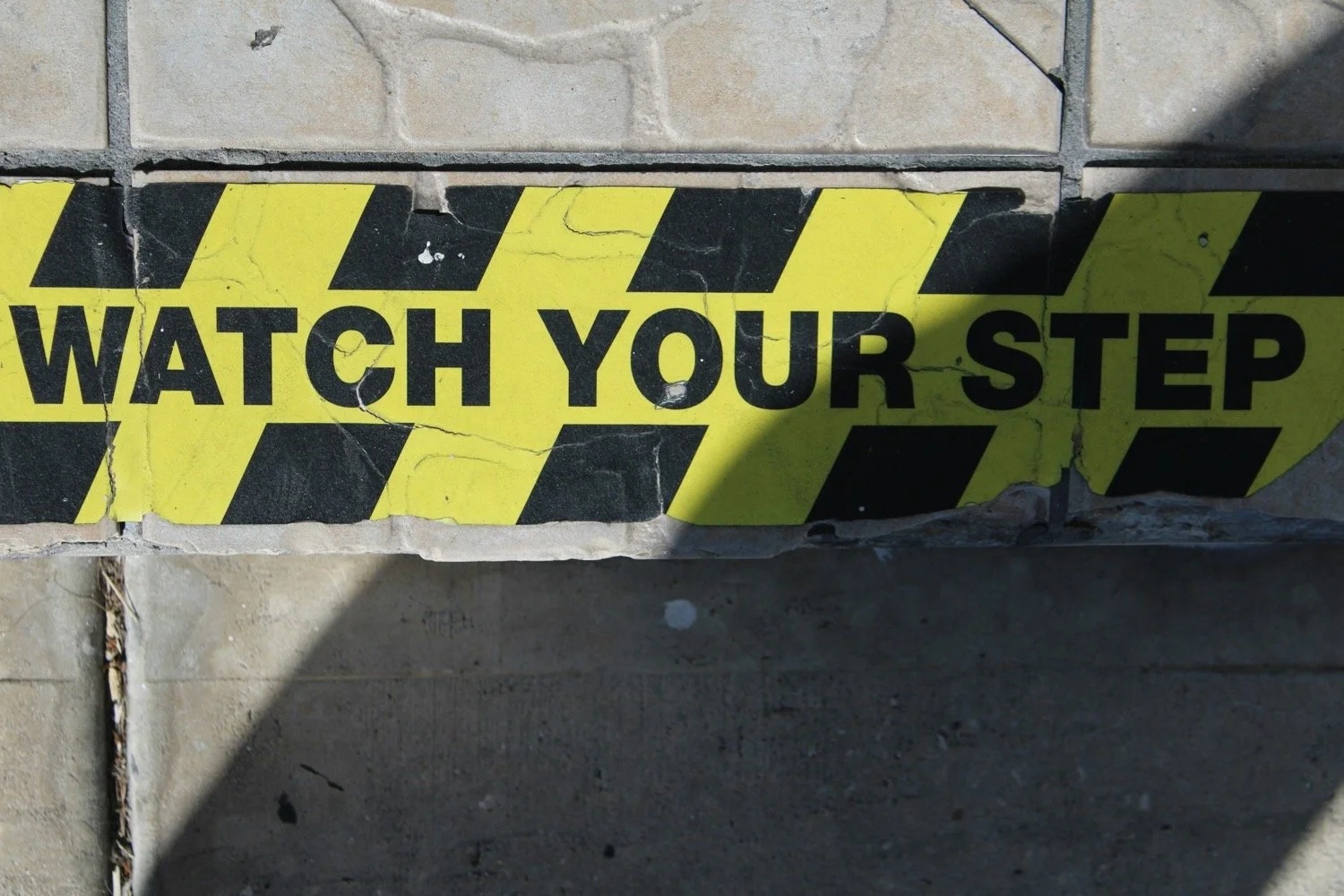Readings for today: Lamentations 1-2, Psalms 28
Most of the Christians I know struggle to some extent with their prayer life. Some feel deeply inadequate. Some feel like they just go through the motions. Some feel like their prayers bounce off the ceiling. Some feel like they don’t have the right words. Some feel they are unworthy. There may be any number of feelings we associate with prayer, sadly too many of them are negative. There may be any number of reasons we give as to why our prayer life suffers, sadly too many of them are just not true. Here’s the reality, friends…God loves to hear His people pray. God loves it when we babble like infants before His throne. God loves it when we tell him all the good, bad, and ugly of our day. God loves it when we come to Him like a teenager, excited about something new in our lives. God loves it when we come to Him in the midst of suffering when all our hopes and dreams have been shattered and the life we’ve spent so much time and energy building has come crashing down around us. God loves it when we celebrate and thank Him for the blessings He pours out on our lives. God loves it when we bring Him impossible problems and insurmountable obstacles. Most of all, God loves it when we express to Him the deepest desires and deepest sorrows of our hearts. God loves it all.
There is no one way to pray. There is no language of prayer per se. You can use whatever words you like. God is far more interested in you being real than He is in you offering up empty platitudes or cliches. Perhaps that’s why I love the Psalms so much. Recently, I’ve taken to reading the daily Psalm out loud as a prayer. I’ve tried offer it almost as a closing prayer to my devotional time each day. It’s been rich and fruitful to say the words out loud. To take my time and reflect on each and every phrase. To allow the Holy Spirit to direct my attention to particular words or phrases or ideas in the text. If you haven’t tried it before, I invite you to take up this spiritual practice. Consider the Psalm we read yesterday…Psalm 27…
“The Lord is my light and my salvation — whom should I fear? The Lord is the stronghold of my life — whom should I dread? When evildoers came against me to devour my flesh, my foes and my enemies stumbled and fell. Though an army deploys against me, my heart will not be afraid; though a war breaks out against me, I will still be confident. I have asked one thing from the Lord; it is what I desire: to dwell in the house of the Lord all the days of my life, gazing on the beauty of the Lord and seeking him in his temple. For he will conceal me in his shelter in the day of adversity; he will hide me under the cover of his tent; he will set me high on a rock. Then my head will be high above my enemies around me; I will offer sacrifices in his tent with shouts of joy. I will sing and make music to the Lord. Lord, hear my voice when I call; be gracious to me and answer me. My heart says this about you: “Seek his face.” Lord, I will seek your face. Do not hide your face from me; do not turn your servant away in anger. You have been my helper; do not leave me or abandon me, God of my salvation. Even if my father and mother abandon me, the Lord cares for me. Because of my adversaries, show me your way, Lord, and lead me on a level path. Do not give me over to the will of my foes, for false witnesses rise up against me, breathing violence. I am certain that I will see the Lord’s goodness in the land of the living. Wait for the Lord; be strong, and let your heart be courageous. Wait for the Lord.” (Psalms 27:1-14 CSB)
What stands out to you as you read it out loud? What words jump out at you? What phrases bring you comfort and peace? How is God speaking to you through the text? For me, I love the opening lines. Always have and always will. They remind me of God’s protection when I am afraid. God’s provision in the midst of difficult times. They remind me God is setting a table for me even as I dwell in the midst of my enemies, a table full of abundance where my cup overflows. Most of all, they remind me with God on my side, there is nothing I cannot do, no obstacle I cannot overcome, no problem I cannot solve, no issue I cannot talk out, no person I cannot forgive, no enemy I cannot serve. Or consider the Psalm for today…Psalm 28…
“Lord, I call to you; my rock, do not be deaf to me. If you remain silent to me, I will be like those going down to the Pit. Listen to the sound of my pleading when I cry to you for help, when I lift up my hands toward your holy sanctuary. Do not drag me away with the wicked, with the evildoers, who speak in friendly ways with their neighbors while malice is in their hearts. Repay them according to what they have done — according to the evil of their deeds. Repay them according to the work of their hands; give them back what they deserve. Because they do not consider what the Lord has done or the work of his hands, he will tear them down and not rebuild them. Blessed be the Lord, for he has heard the sound of my pleading. The Lord is my strength and my shield; my heart trusts in him, and I am helped. Therefore my heart celebrates, and I give thanks to him with my song. The Lord is the strength of his people; he is a stronghold of salvation for his anointed. Save your people, bless your possession, shepherd them, and carry them forever.” (Psalms 28:1-9 CSB)
Do you ever feel like God isn’t listening? Do you ever feel like God is deaf to your cries? Does God seem silent at times? Let God know! Pray like David! He too felt those same feelings at times and he pleaded with God to answer his cries. He lifted his hands before the holy sanctuary. He reaffirmed his trust in God’s eternal nature and character. And as he prayed, God’s comfort eventually came. Bless the Lord for He has heard the sound of my pleading! I don’t know about you but I often find myself in this position and I have to remind myself continually to wait for God’s response. It will come if I am willing to wait on Him.
Friends, prayer isn’t magic. It’s not about getting the words right or the inflections down or speaking in some kind of pious language that no one really can understand. It’s simply about you bringing your most authentic, sinful, broken self before the Lord and letting the grace and peace that flows from His presence comfort and heal you.
Readings for tomorrow: Lamentations 3, Psalms 29




